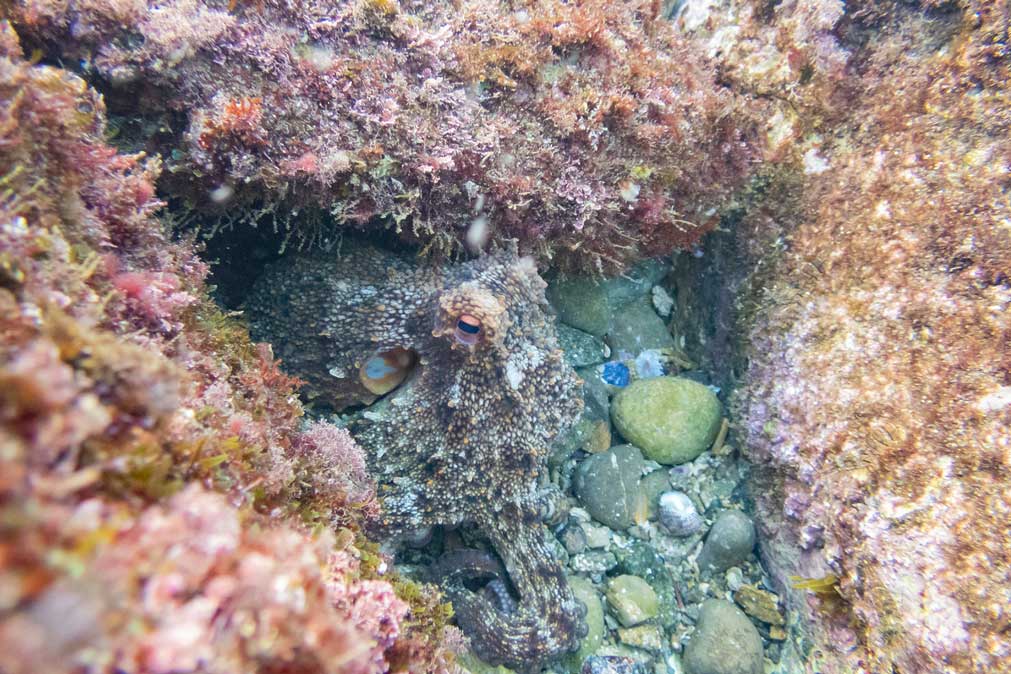🎓 Congratulations to Sarah ALBERNHE, one of NECCTON’s Early Career Ocean Professionals (ECOPs)! 🌊
This Tuesday, July 8th, Sarah brilliantly defended her PhD, jointly supervised by (Laboratoire d'Océanographie Physique et Spatiale) and CLS Group (Collecte Localisation Satellites)
🐟 Her thesis, titled “Spatio-temporal variability of micronekton biomass: impact of environmental conditions and trophic interactions,” explores the critical role of micronekton in ocean ecosystems. Micronekton - marine organisms ranging from 2 to 20 cm, including fish, crustaceans, and cephalopods - play a key role in oceanic food webs and carbon sequestration through their daily vertical migrations.
Sarah’s research used modeling approaches to investigate how environmental conditions and trophic interactions drive the variability of micronekton biomass across space and time.
Her work led to a novel representation of trophic interactions in ecosystem modeling, improving the seasonal dynamics of micronekton in regions such as Kerguelen and New Caledonia, and contributing to a deeper understanding of their role in biogeochemical cycles.
👏 A big bravo to Sarah for this important contribution to marine science and to the NECCTON community!

